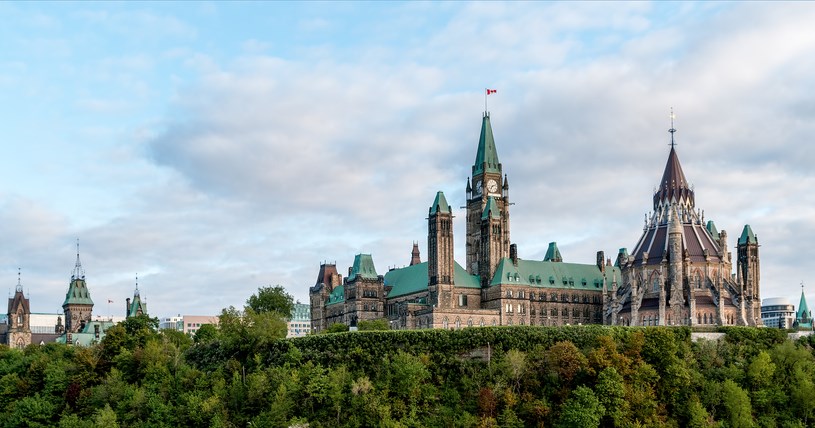The highest court in the land, the Supreme Court of Canada, is being asked to settle a dispute created by the federal Liberals with their infamous Bill C-69, the anti-pipeline bill.
Most provinces, including Saskatchewan, oppose this bill, the federal Impact Assessment Act, because surprise-surprise, it’s an overreach by the federal government.
The Trudeau administration has abused their standing in Parliament, propped up by the NDP, to overreach in a number of areas, and this was just one more example.
The fact that most provinces are against this legislation should tell Trudeau that he overstepped his jurisdiction, and he should back down.
Instead, he’s spending taxpayers money (again) to fight the ruling made by the Alberta Court of Appeal, which said the bill is a violation of the Canadian Constitution.
The constitution guarantees provinces authority to handle their resources and to develop them for the benefit of their citizens and province.
For Saskatchewan, our land-locked position means we rely on trucking, railways and pipelines to move most of our commodities, including crude petroleum. Trudeau has a particular hate on for the energy industry (thus the punitive and regressive carbon tax), and this bill is just one hammer to pound the industry down by opposing any and all pipeline developments.
This isn’t the oil industry talking, or just one or two provinces – it’s most of the provinces of this country who don’t like the feds interfering with their ability to develop and regulate their own resource base.
In Saskatchewan’s case, it led them to develop and pass the Saskatchewan First Act, which defines the province’s authority to develop non-renewable resources as well as forestry, and these resources include a lot more than just crude petroleum (which we all still need, by the way). It covers such resources as potash and uranium, and a host of other resources that the rest of Canada and the world at large are in need of.
It will be interesting to see what the Supreme Court’s take is on the challenge, which Saskatchewan is intervening in along with the other provinces.
The fact is, the Constitution does provide for provinces to have the authority to manage their own affairs, such as areas like health care and education, along with managing their own natural resources. If the feds are allowed to breach this crucial area of the Constitution, there is a real danger they will overreach into other areas, such as with health care spending.
This may be a time when either the Supreme Court sets the record straight, or else the provinces and feds need to sit down and work this out, for once and for all.





